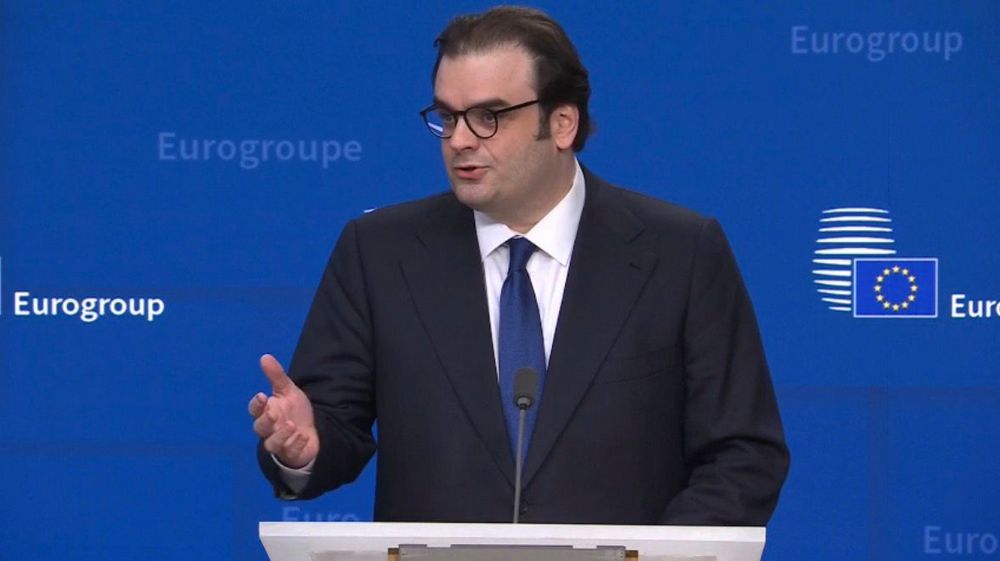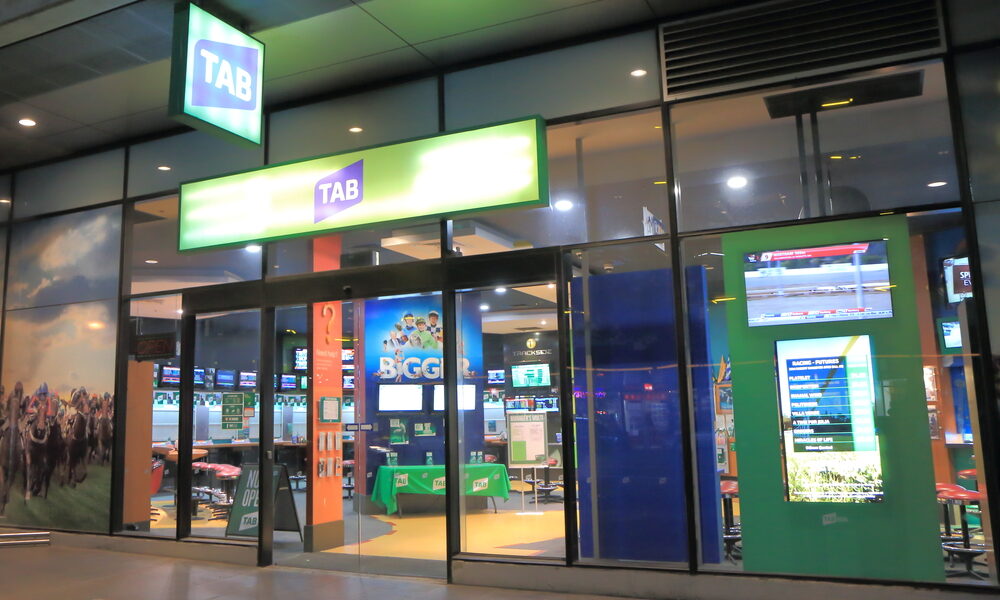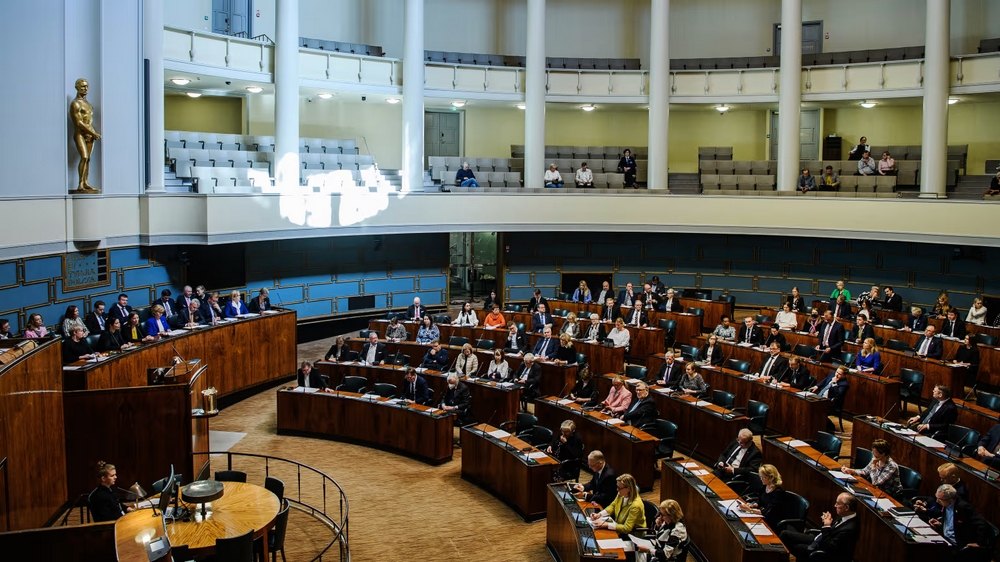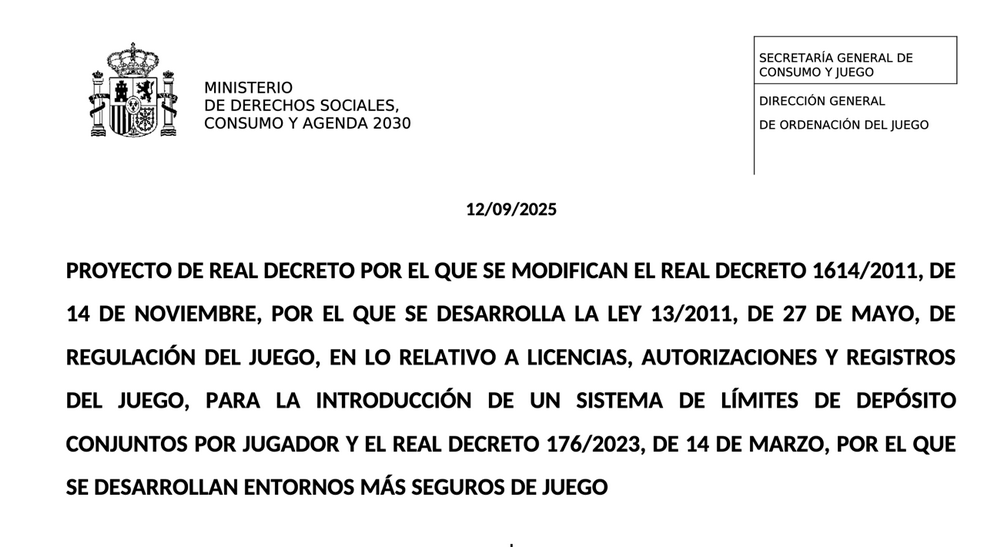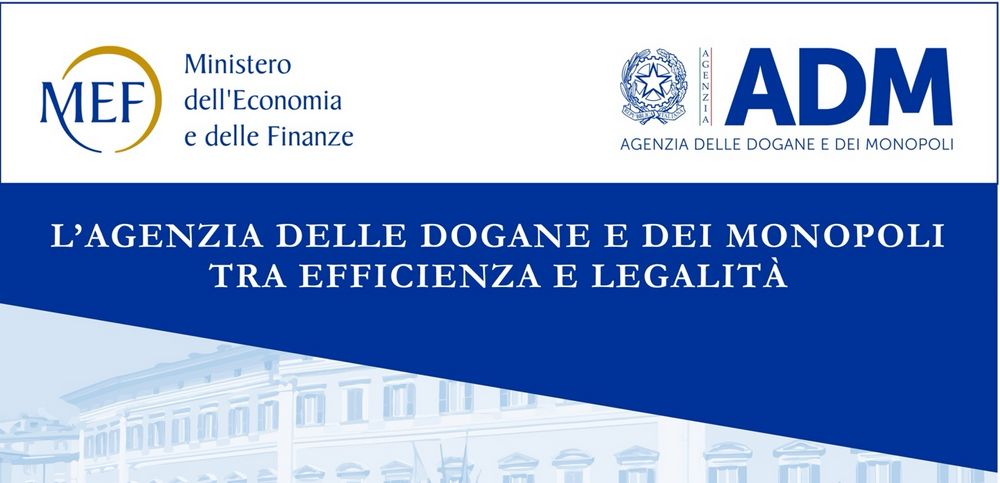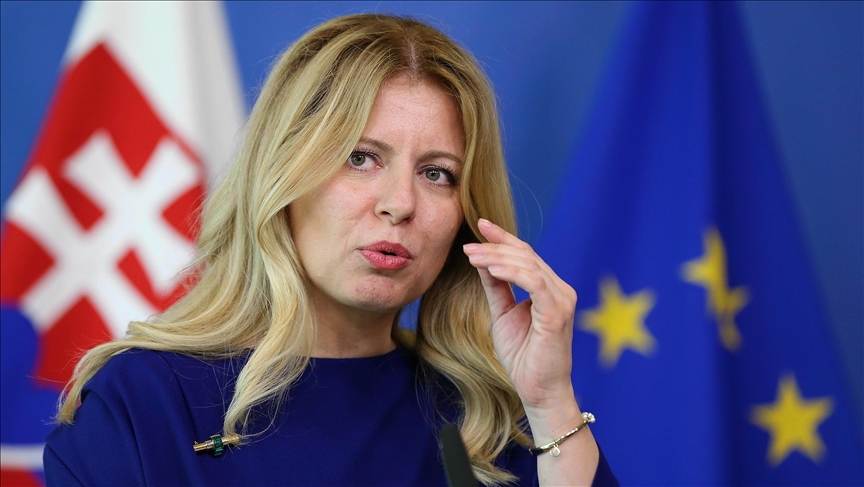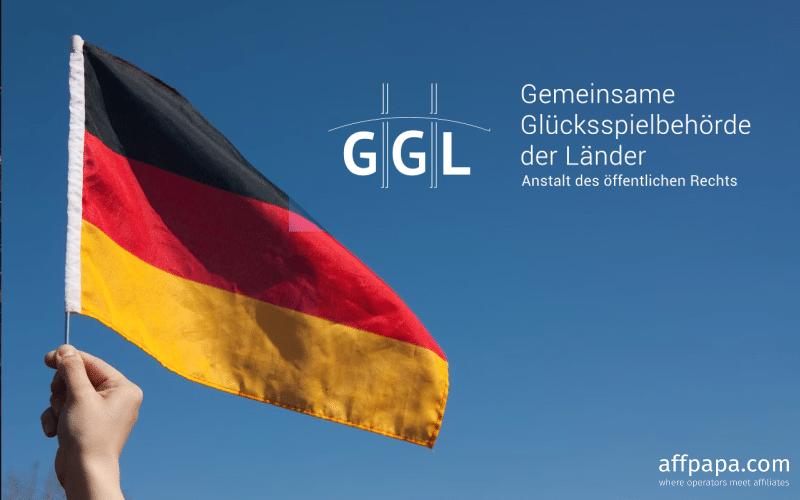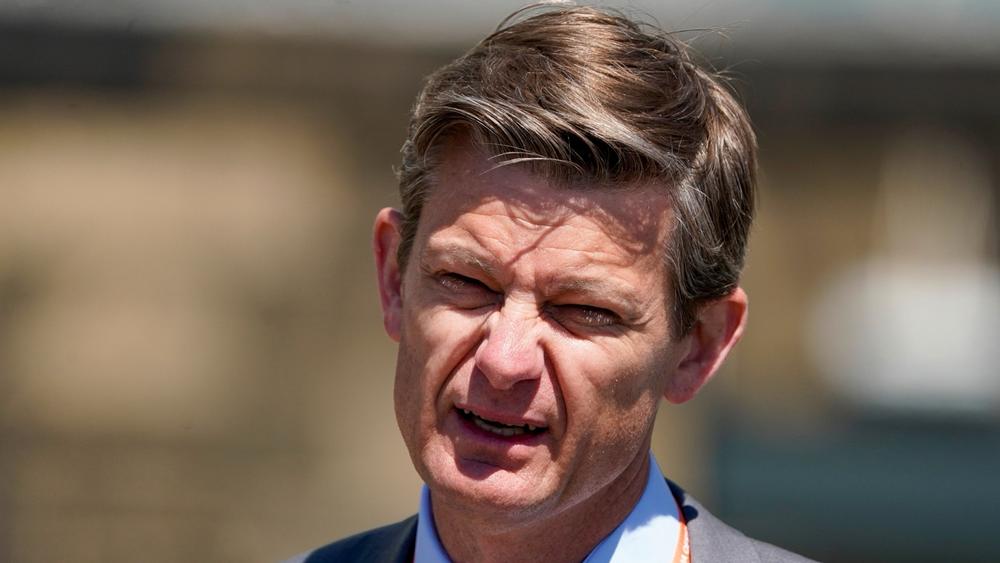In a move that is already making waves across Europe’s regulatory circles, Slovakia has published its first-ever in-depth study on the shadow world of illegal online gambling. Released by the Institute for Gambling Regulation (IPRHH) under the title “The Black Book of Illegal Gambling”, the report sheds unprecedented light on how unlicensed platforms have infiltrated the country’s digital betting landscape.

According to the findings, 23.7% of Slovak players — nearly 296,000 individuals — admitted to gambling on unlicensed sites, a figure that regulators describe as a “wake-up call” for the entire industry. Even more concerning is that 24.1% of respondents did not know whether the platforms they used were legal or not, exposing the blurred line between regulated and grey markets.
The study also highlights a vulnerable demographic: younger players and individuals with lower levels of education were disproportionately represented among those who engaged with black-market operators. Notably, 13.1% of players accessed illegal sites because they were already registered in the national self-exclusion system (RVO), underscoring the fact that offshore operators bypass consumer protection entirely.
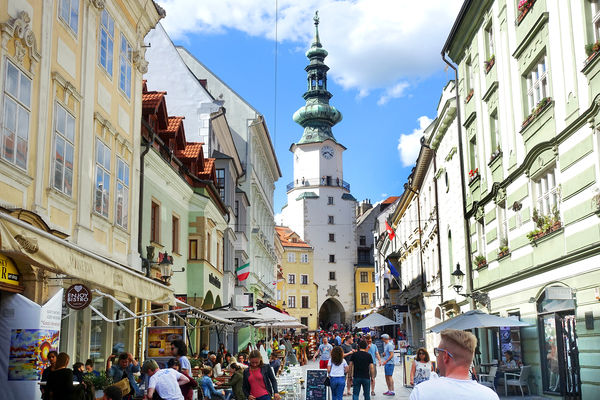
When asked why they turned to unlicensed operators, Slovak players pointed to four recurring incentives:
- 32.5% cited higher bonuses
- 29.5% pointed to better odds
- 29.1% highlighted easier registration processes
- 27.4% said there was simply more game variety
This cocktail of aggressive promotions and lax controls is luring players away from the regulated market, even though it strips them of the protections that licensed platforms are obliged to provide. Illegal sites typically skip ID verification, impose no deposit limits, and offer zero recourse in cases of fraud.
Public awareness is another weak point. Only 42.2% of Slovak gamblers said they check if an operator is licensed, while 43.2% admitted they cannot distinguish between legal and illegal advertising. This lack of clarity allows rogue operators to position themselves alongside legal brands without raising red flags.
The IPRHH is calling for stronger enforcement mechanisms, starting with blocking unlicensed domains and cutting off payment channels through cooperation with banks and payment providers. The report also emphasizes the need for nationwide public campaigns to educate players about the risks of illegal gambling, while ensuring that licensed operators are given stable and competitive conditions to thrive.
Behind the regulatory language lies a pressing fiscal concern. The report warns that tax revenues lost to unlicensed operators could otherwise be funneled into healthcare, education, and addiction-prevention programs. The study also cautions policymakers against setting tax rates so high that they push more players into the unregulated space — a warning that echoes across the European Union, where balancing competitiveness with consumer protection remains a delicate dance.
For Europe’s gambling regulators, Slovakia’s Black Book is not just a domestic milestone — it is a regional wake-up call. As illegal operators exploit loopholes and consumers remain unaware, the stakes go beyond lost revenue. What is truly at risk is public trust in regulated gambling systems.











